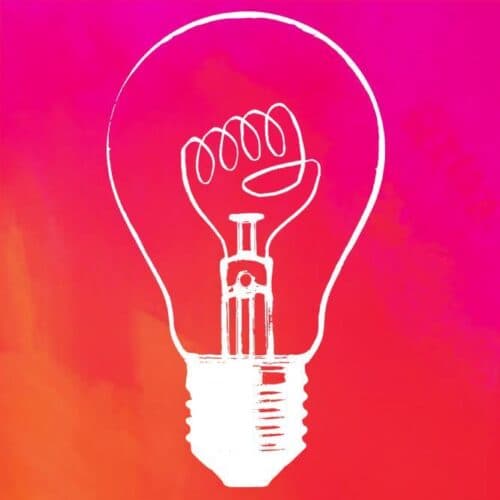
The Gwangju Uprising: students, workers and state repression in South Korea. In defiance of the military junta of Chun Doo-Hwan, who seized power after the assassination of dictator Park Chun-hee, students and workers in the South Korean city of Gwangju took up arms after military troops opened fire, killing unarmed pro-democracy protesters in May 1980. For 10 days, the city came under the collective control of the people, with a citizen's militia of students and workers defending the city, as popular organs of direct democracy were established. Ultimately, the popular uprising ended in bloody defeat when more than 20,000 military troops stormed the city, killing hundreds and disappearing thousands more. However, Gwangju's popular uprising became the driving force behind the South Korean pro-democracy movement of the 1980s. It was the clarion call which ushered in the next phase of working class popular struggle, spurring thousands into revolutionary action against both the dictatorship and US imperialism.